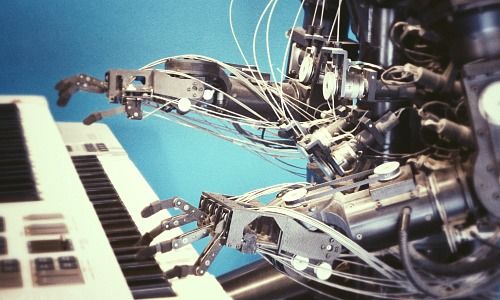OCBC Chief Confident Humans Will Always Be In Charge
Despite growing fears that robots and programs can take away more jobs than create new ones, OCBC's chief executive thinks that there will be roles for humans.
As more and more tasks get automated, jobs are unlikely to disappear entirely as tasks can be divided into brain work and labor work, said OCBC's chief executive Samuel Tsien, who was speaking on Monday at OCBC's Future Smart Learning Festival, a two-day program held at OCBC Campus.
The festival takes place at a time when Deutsche Bank just announced job cuts globally, especially in its equities department, and Goldman's chief executive saying last year that the firm's stock trading unit had three people doing the job once done by 500.
Adopting The Right Mindset
While labor work, or repetitive tasks, can be easily automated, brain work refers to higher order tasks such as creative problem solving and developing new strategies, explains Tsien. «AI is only a result of our knowledge; while it can now be accumulated in robots to carry out certain tasks, we (humans) will always be in charge,» said Tsien, who was quoted in «Business Times» (behind paywall).
He urges employees to have a sense of urgency and be open to learning new tech skills. «It is now an era where you can use AI to help you. Once you have the right mindset to learn, (picking up) the new skill set is the easy part,» said Tsien.
Top Three Rising Skills
The OCBC Future Smart Learning Festival is a follow-up initiative to the bank's Future Smart Programme launched in May last year. OCBC has committed to invest S$20 million over three years to train and develop the bank's staff globally. Some 29,000 of its employees can sign up for courses across seven digital domains, including digital business models and technology and data.
According to a recent report by professional network LinkedIn last month, blockchain, human-centered design, and workflow automation are the top three «rising skills» in Singapore.



























